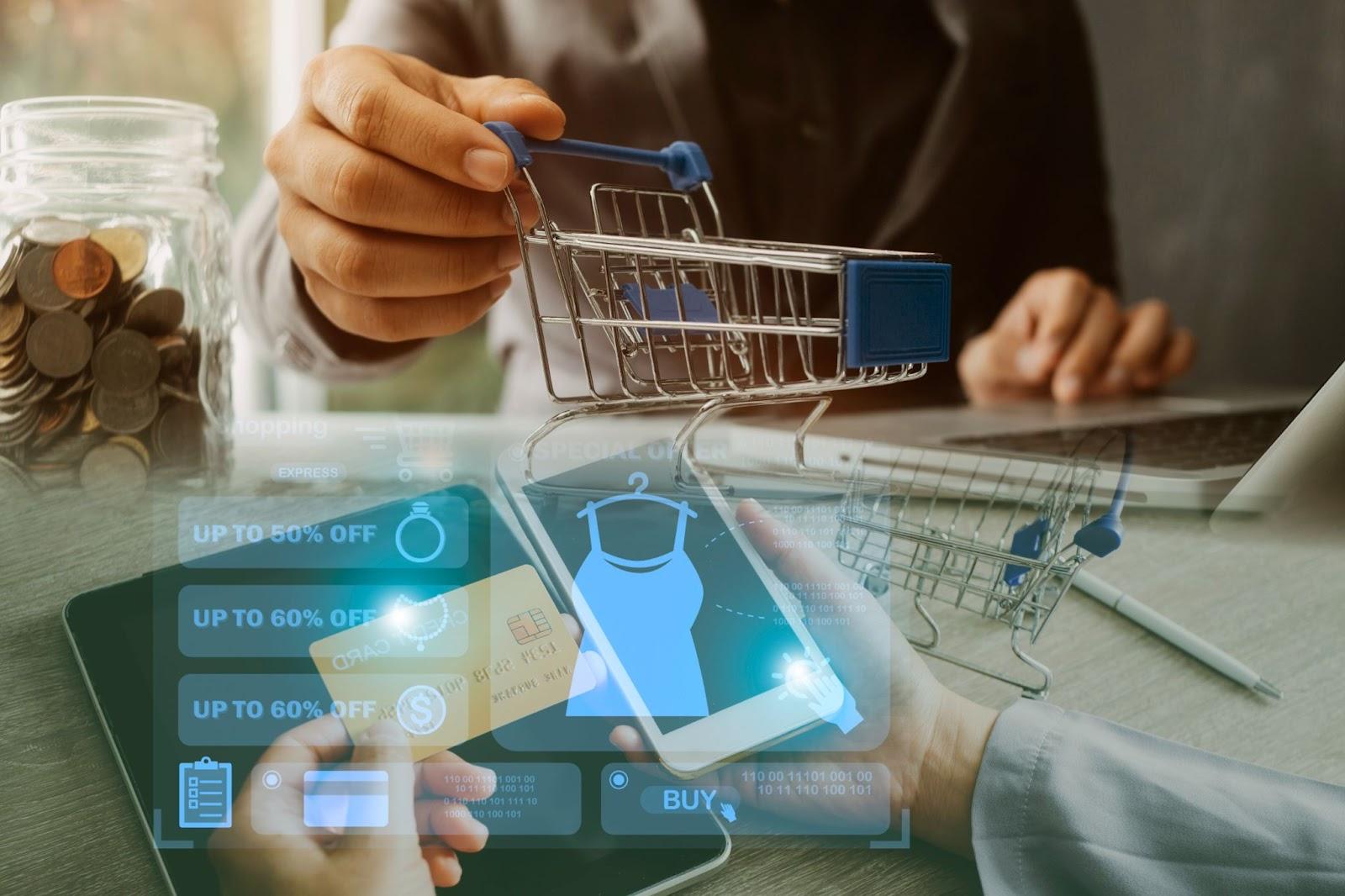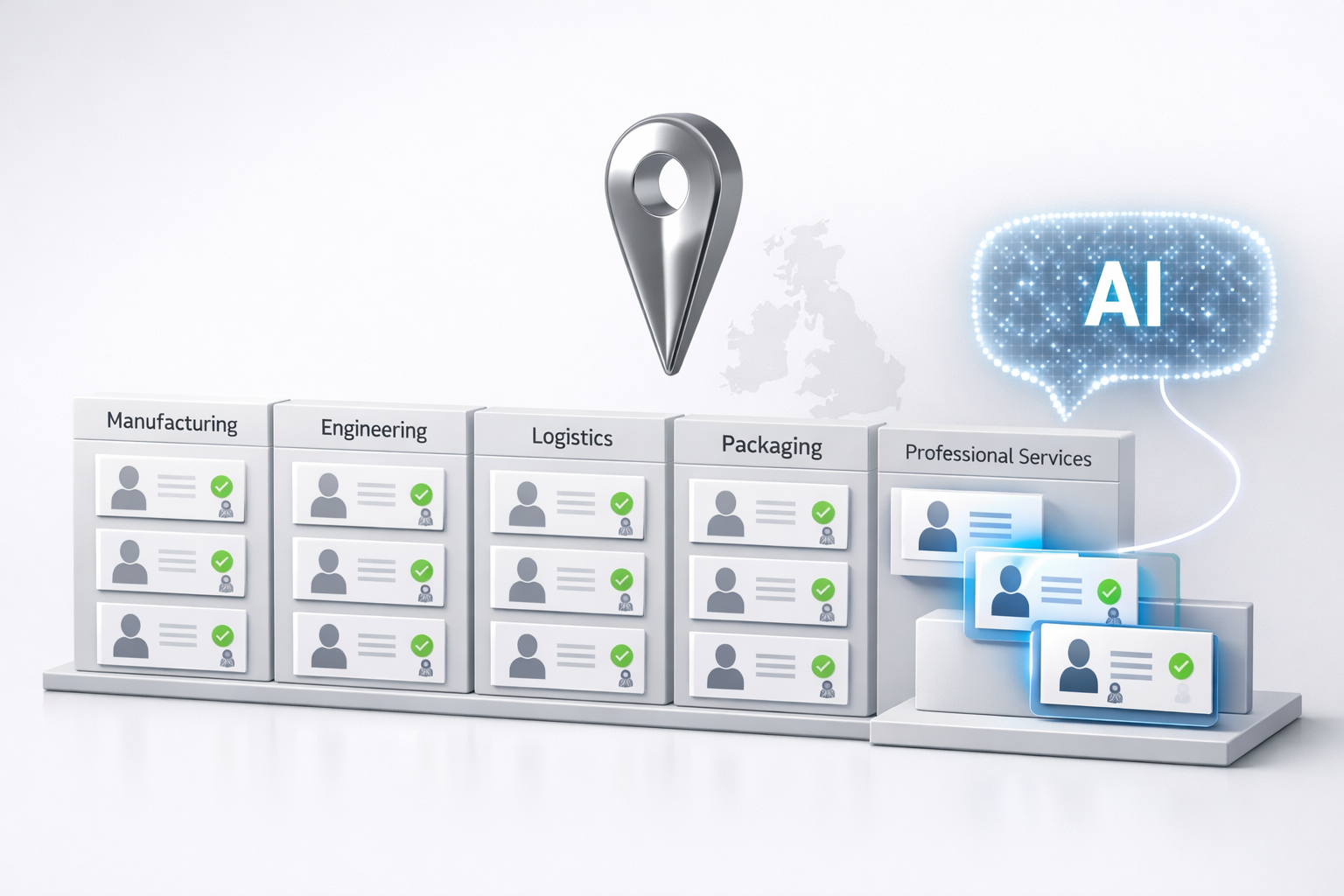The retail transformation: how software development is changing the rules of the game in retail
- 19 Apr 2024
- Articles

In the modern world, where digitalization is penetrating every sphere of life, retail is undergoing a revolution. Software is becoming not just a management tool, but also a key factor that determines success in the market. Together with experts from one of the leading companies in this field, Light IT Global, let's explore how software is changing the rules of the game in retail, transforming traditional approaches and creating new opportunities for businesses.
The role of software in retail transformation
In the modern economy, retail software development plays not just a supporting role, but rather the main driver of innovation and transformation, affecting every aspect of business – from inventory management to customer service, and changing the ways companies interact with consumers.
In particular, modern CRM systems allow retailers to collect, analyze, and use customer data to improve services and personalize offers. Additionally, supply chain management software contributes to efficient planning, forecasting, and process automation.
The integration of online and offline sales channels is also in focus. Software development enables the creation of omnichannel solutions that unite physical stores and online platforms. And technological tools for analytics and big data allow retailers to extract valuable insights from collected data, optimize product assortments, manage pricing, and predict market trends.
Overall, software is a fundamental element in the transformation of retail, providing innovation and supporting the adaptation of businesses to the market’s constantly changing requirements and opportunities.
Examples of successful solutions and cases

To understand the role of software in the transformation of retail, let's look at several successful examples and cases from different market sectors.
Amazon: leadership through innovation
Amazon is a vivid example of how innovative software transforms retail. Using data and analytics to personalize offers, as well as implementing revolutionary logistics solutions, such as the Prime and Fulfillment by Amazon programs, has allowed the company to ensure high customer satisfaction and operational efficiency.
Walmart: transformation through digitalization
Walmart actively adopts technologies to improve internal processes and customer experience. Among other things, the company uses blockchain to track the origin of products and develops software for inventory management using artificial intelligence, significantly increasing the efficiency of store operations.
Nike: innovations in personalization
Nike uses advanced technologies to create a personalized shopping experience. Through the Nike+ mobile app and various customization tools, such as shoe design customization, the company strengthens its customer relationships and fosters loyalty.
Sephora: virtual reality in retail
Sephora implements VR and AR technologies to enhance the customer experience, offering virtual cosmetics try-ons and makeup tutorials. These innovations not only increase customer satisfaction but also contribute to sales growth.
These examples demonstrate that the use of software in retail can lead to significant improvements in business management, operations optimization, customer experience enhancement, and revenue growth.
Technological trends and innovations

Technological progress in retail is constantly evolving, with new trends and innovations transforming the industry.
The experts from Light-it introduce us to some of the key technological trends impacting software development in retail:
-
Artificial intelligence and machine learning. AI and machine learning are penetrating all aspects of retail, from supply chain optimization to personalized customer offerings. These technologies enable predicting consumer behavior, automating customer service through chatbots, and improving decision-making processes.
-
Blockchain provides a high level of transparency and security in operations, which is especially important for supply chains. This technology helps retailers fight counterfeiting, ensure product authenticity, and optimize logistical processes.
-
Big Data and Analytics. Collecting and analyzing large volumes of data allows retailers to gain deep insights into consumer behavior, optimize product assortments, and enhance the customer experience. Analytics becomes a key element of strategic planning and operational efficiency.
-
IoT technologies contribute to automating stores based on smart solutions. From smart shelves that automatically track inventory to personalized shopping experiences based on customer preferences, IoT opens up new horizons for innovation.
-
Cloud technologies provide retailers with flexibility, scalability, and efficiency, simplifying data and infrastructure management. This allows businesses to easily adapt to changing market conditions and optimize operational costs.
Software development plays a crucial role in transforming retail, offering innovative solutions to old problems and opening doors to unexplored opportunities. Today's technological innovations offer retailers tools to create deeply personalized and interconnected shopping experiences that were unthinkable just a decade ago. Thus, as the digital era unfolds, retail becomes increasingly integrated, efficient, and customer-centric.








